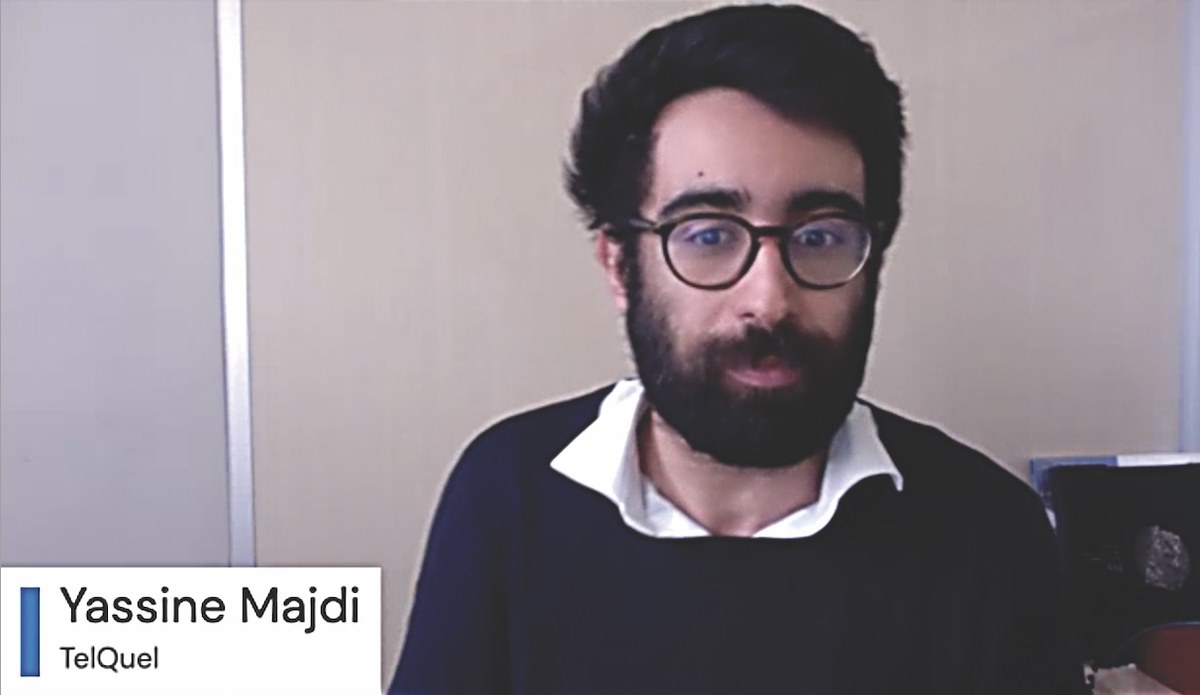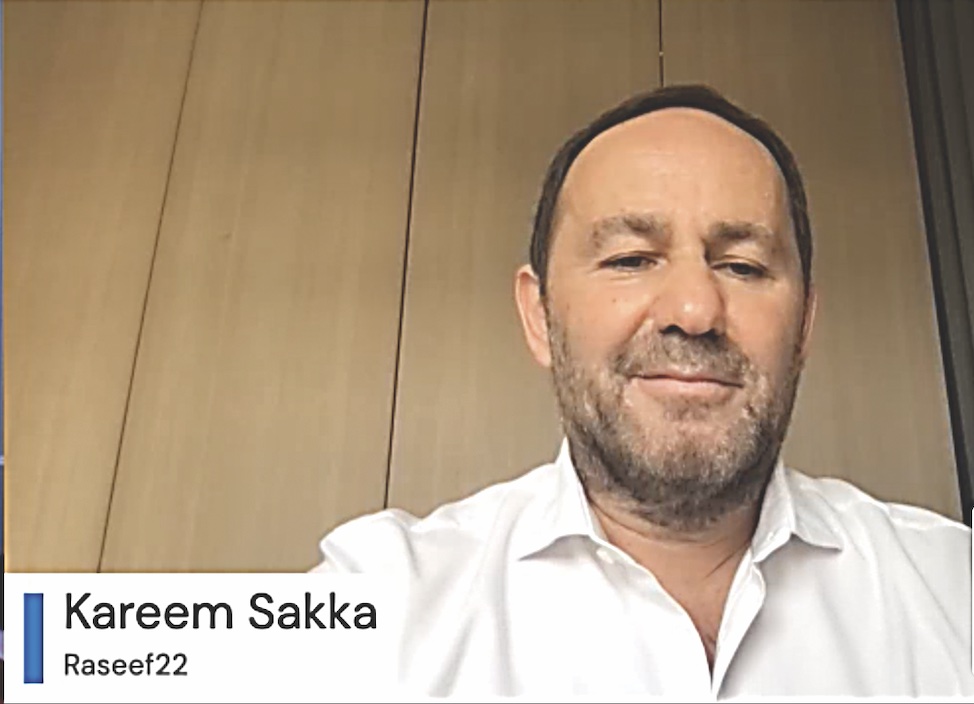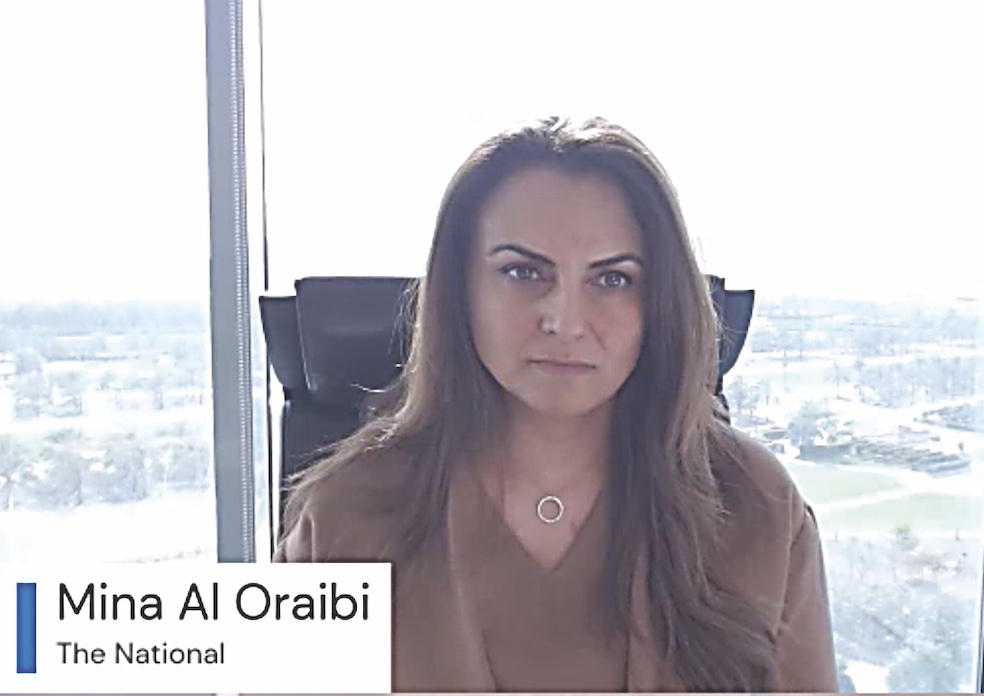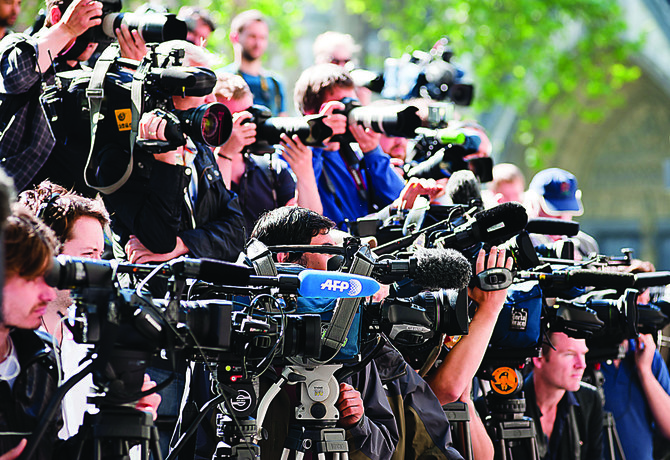DUBAI: As the ways in which news is gathered, published and consumed have radically changed in recent years, media organizations have been forced to find increasingly innovative ways to adapt.
The Google News Initiative last month launched its latest Middle East, Turkey and Africa Innovation Challenge, which invites innovators to apply for funding to help them realize their visions and implement new ideas that can challenge the status quo and shake up the industry.
On day three of the Middle Eastern Media Leaders e-Summit 2022 on Thursday, representatives of publishers in the region shared their approaches to innovation and what they hope to achieve.
During a panel discussion titled Innovation in Newsrooms, Yassine Majdi of TelQuel, a French-language Moroccan weekly news magazine, talked about the ways in which it attempts to engage the five million Moroccans living abroad, who represent about one in seven of the country’s nationals.

“We wanted to make news that targets them as well, which is why we entered the GNI challenge,” he said.
“We noticed a huge chunk of our subscribers are also part of the Moroccan diaspora so now we are rethinking the project, which means having a common environment for everyone.”
Innovation is a way for TelQuel to rethink the way its team works and reshape the media environment, he added.
“The diaspora helped us bring the whole environment, including podcasts and videos, together,” said Majdi.

He also spoke of the importance of presenting news in different ways that reflect generational shifts in the way it is consumed, for example through increased use of videos and podcasts. He said the process is not primarily a technological change, but more a case of challenging preconceptions.
Majdi said that journalists can be reluctant to accept new approaches and adjustments to the traditional ways in which news is presented but “there is a huge change going on and innovation means being able to accept and embrace this change. What everyone is trying to do is get a direct link with our audience so that the contact is more direct. We are trying to be more customized and focused on them and we are trying to do what is right for them.”
Kareem Sakka, publisher at Raseef22, an Arabic media network based in Beirut, spoke about its social mission as a non-profit organization that delivers interesting stories each day to 400 million readers in 22 Arab countries.

“We wanted to let them know we care about the things they care about and we have to leave the content open for everyone,” he said. “So we thought about how we could get closer to our readers and we discovered the whole world of possibilities through the GNI challenge.”
He believes that the future value of media lies in a thorough understanding of the target audience.
“We were lucky to work with good developers who were fluent in what we are doing,” Sakka added.
The objective of Raseef22 is to be a hybrid news source with a member-focused newsroom that caters to all readers who are interested in human rights, freedom of speech and democracy, he said, and to help achieve this it works with local journalists across the region, from Mauritania to Oman.
“The GNI challenge opened our eyes to the possibilities and made us have a two-way relationship with readers to run a tight-knit club with them,” he added. “A few memberships can really make us grow.”
Sakka said that all media organizations must evolve to become forums that encourage calls to action, rather than just “dishing the bad news.” The aim of his organization is to have an effect on civil society and promote change by giving people a chance to communicate with each other.
“That membership program will allow some sort of communication area to open to members,” he added. “We want to make people sit down together.”
Mina Al-Oraibi, editor-in-chief at the UAE-based English-language daily newspaper The National, said that a desire to reach wider audiences had encouraged it to enter the GNI Innovation Challenge.

“It was a great opportunity because we got to brainstorm,” she said. “We came up with a proposal to introduce articles on our site in English and Arabic to open us up to a bigger audience. This is where we decided that we would try to develop the translation and audio technology.”
Innovation is required throughout the news industry, according to Al-Oraibi, to address the challenge of operating a 24-hour news cycle.
“It’s one of the primary challenges you face,” she said. “One of the challenges we often have is that unless you have a huge budget with hundreds of developers, coders and technology (experts) on staff, you are often just adopting technology that’s already there, which is not the best way to serve your strategic vision and it can be quite demotivating to your team.”
She described changes to the news landscape, both in terms of the events happening globally but also in the technology used to cover them and how people consume information, and highlighted the need for innovation to ensure newsrooms remain healthy and effective and ahead of the curve.
“The challenge is funding, money, and finding the right resources (and) someone who understands journalism and technology,” she said.
“Partnerships are really important. We structured it into our newsroom — we have product meetings and brainstorming sessions, which are very important.”


























